What is the difference between a Data Dictionnary and a Business Glossary
19 janvier 2023
The data dictionary and the business glossary are data repositories that are often confused. Yet we do not use them for the same actions. Here are some explanations to differentiate them.
Two repositories with complementary purposes in a data catalog.
A Data Dictionary is a precise description of the data used in an organization. It contains information about each attribute in the data sources, such as its definition/meaning, type, and relationship to other elements. The data dictionary is generally used to help manage data and make it understandable by everyone. It documents the existing data of the information system.
A Business Glossary is a list of terms and definitions used in the context of an organization. The glossary clarifies terms and concepts related to data used in applications and/or documents. Based on common semantics, it helps avoid misunderstandings and miscommunications that can arise when different people use terms imprecisely or ambiguously. It is a reference to help users understand the data and use it consistently.
A metaphor to understand better
Let's explain with a metaphor that could help you easily differentiate a data dictionary and a business glossary: It was Christmas Eve a few days ago and you were in charge of preparing the meal. Alone in your kitchen, you have chosen the menu in your favorite recipe book.
The data dictionary would be like the list that describes each ingredient you used and how they fit together in the recipe. But your recipe also made reference to a business glossary, namely cooking gestures and techniques: basic preparations (roux, juice, etc.), basic cooking methods (roasting, braising, sautéing, etc.), preparation techniques (mincing, chiselling, etc.).
In summary and using this metaphor, the data dictionary would be specific to your menu, while the business glossary would be specific to the field of cooking in general to master the gestures of the cook and the techniques of dressing. In this way, you used your data dictionary to prepare your menu, while you used your business glossary to understand the terms and concepts used in all the recipes in your cookbook.



